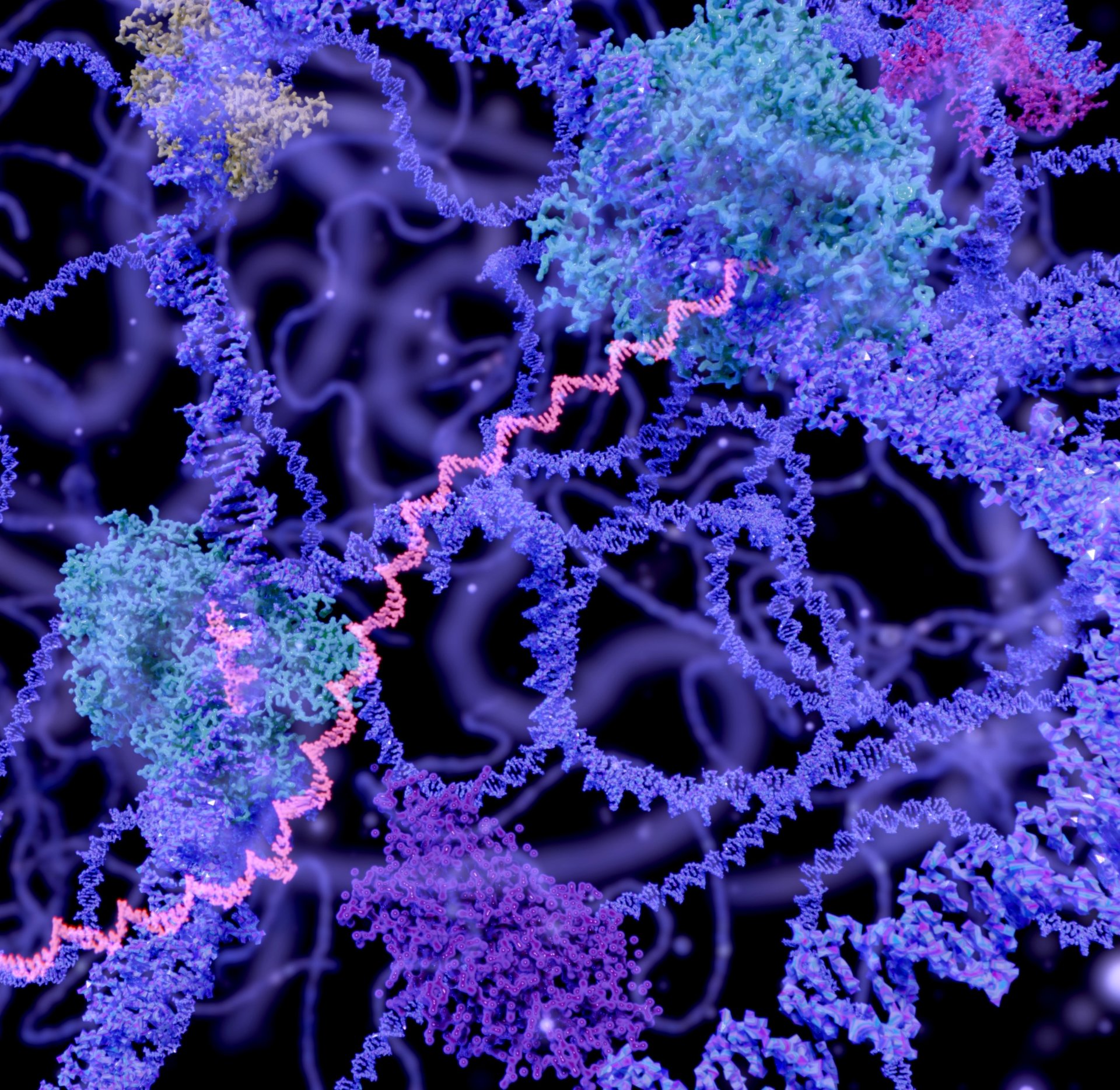Ammonia is an essential precursor in the production of fertiliser. It thereby plays a vital role in feeding the world. However, the Haber-Bosch process for converting nitrogen to ammonia is a very energy intensive process. This high-temperature, high pressure process is currently responsible for 3% of global CO2 emissions.
I like a challenge – using enzymes to create products that are otherwise extremely difficult to make
Caroline Paul
Within the Zero Emissions Biotechnology research programme, one goal of my group is to discover enzymes to replace the Haber-Bosch process with a more sustainable biotechnological solution, indirectly reducing these CO2 emissions. There is an enzyme that catalyses the same reaction, but it follows a very complicated cellular process and still requires the same amount of energy. Ideally, we can find or engineer an enzyme that feeds directly on green electricity, or at least on a variety of renewable raw materials.

